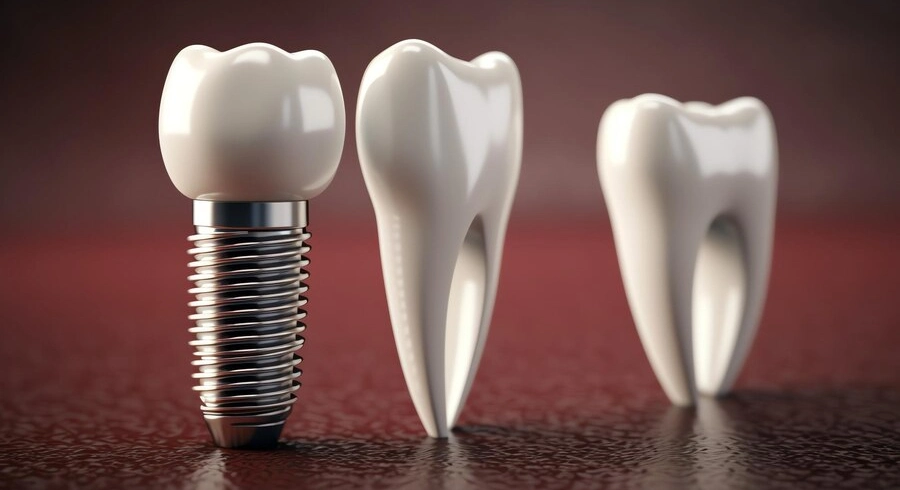
Optimal Age for Dental Implants
In recent years, Dental Implants have revolutionized the field of dentistry, offering a durable and natural-looking solution for missing teeth. However, a common question that arises among individuals considering dental implants is: What is the best age for dental implants? While there isn’t a one-size-fits-all answer to this question, several factors should be considered when determining the Optimal Age for Dental Implants.
- Bone Development:
One crucial factor in determining the suitability of dental implants is the development of the jawbone. During adolescence and early adulthood, the jawbone continues to grow and develop. For this reason, dental implants are typically not recommended for individuals under the age of 18, as their jawbone may still be growing. Placing implants in a developing jaw can interfere with natural growth patterns and may lead to complications later on.
- Skeletal Maturity:
The optimal age for dental implants often coincides with skeletal maturity, which occurs around the late teens to early twenties for most individuals. By this age, the jawbone has typically reached its full size and shape, providing a stable foundation for dental implants. Implants placed in a fully developed jaw are more likely to integrate successfully and provide long-term stability.
- Oral Health:
Good oral health is essential for the success of dental implants at any age. Before undergoing implant surgery, it’s crucial to ensure that the surrounding teeth and gums are in good condition. Individuals with untreated gum disease or extensive tooth decay may not be suitable candidates for implants until their oral health issues are addressed.
- Overall Health and Lifestyle:
Age alone should not be the sole determining factor for dental implant candidacy. Instead, overall health and lifestyle factors should also be taken into account. Chronic health conditions such as diabetes or autoimmune disorders may impact the body’s ability to heal properly after implant surgery. Additionally, lifestyle habits such as smoking can increase the risk of implant failure and complications.
- Long-Term Goals:
When considering dental implants, it’s essential to think about long-term dental health goals. While implants offer a permanent solution for missing teeth, they require a significant investment of time and resources. Patients should consider whether they are committed to maintaining proper oral hygiene and attending regular dental check-ups to ensure the longevity of their implants.
Conclusion
there is no universally agreed-upon age for dental implants, as individual circumstances vary. However, the late teens to early twenties is generally considered an optimal age for implant placement, coinciding with skeletal maturity. It’s essential to consult with a qualified Dental Professional to assess candidacy for dental implants and develop a personalized treatment plan based on individual needs and goals. With proper care and maintenance, dental implants can provide a durable and natural-looking solution for missing teeth, regardless of age.

